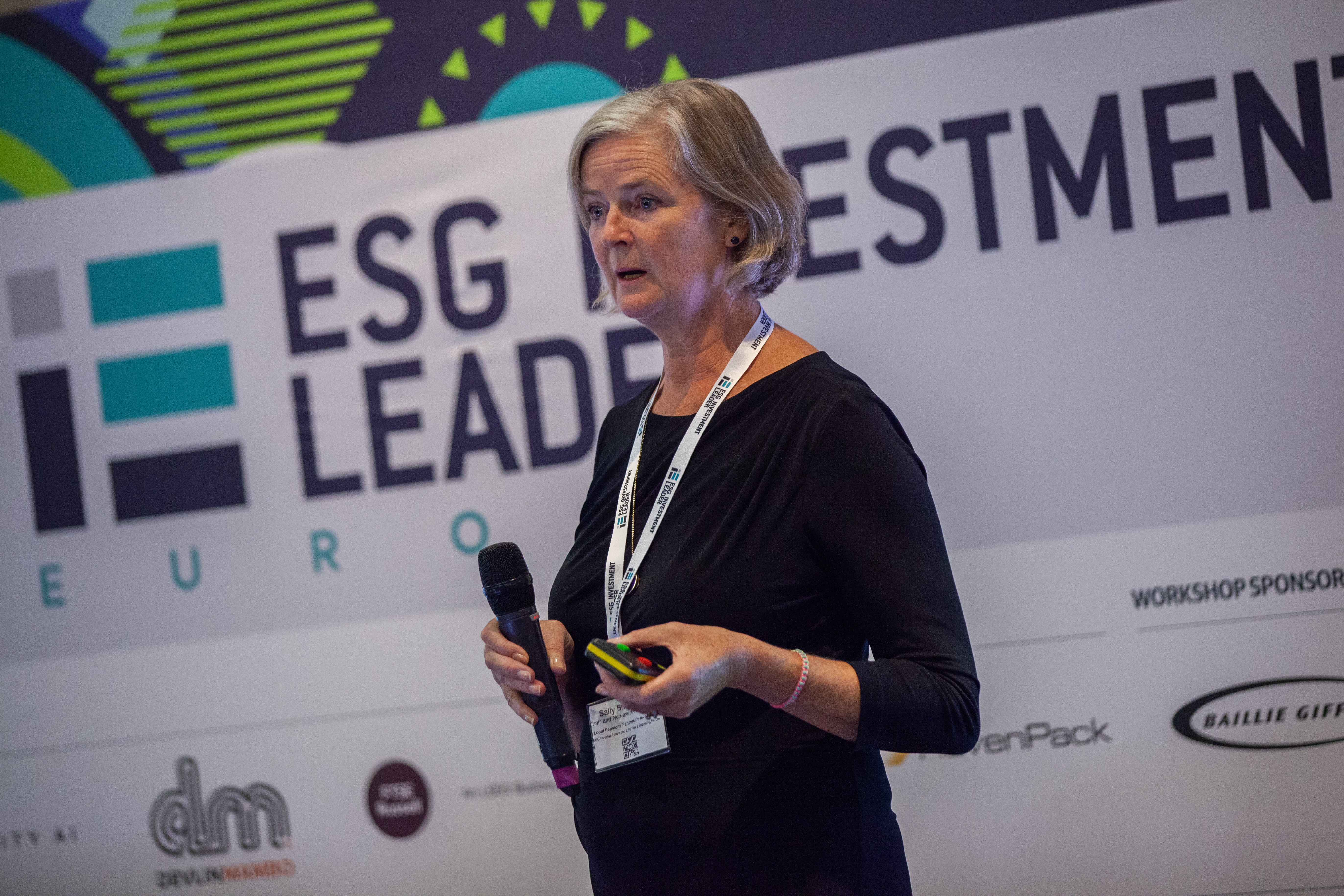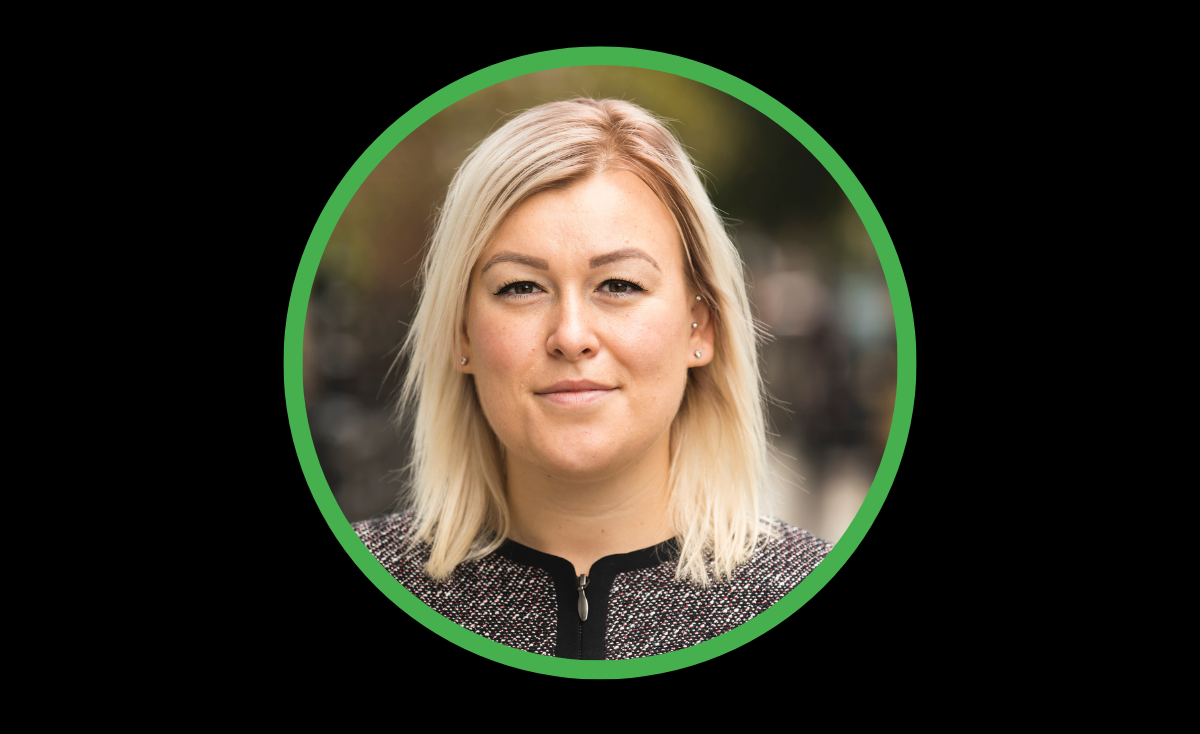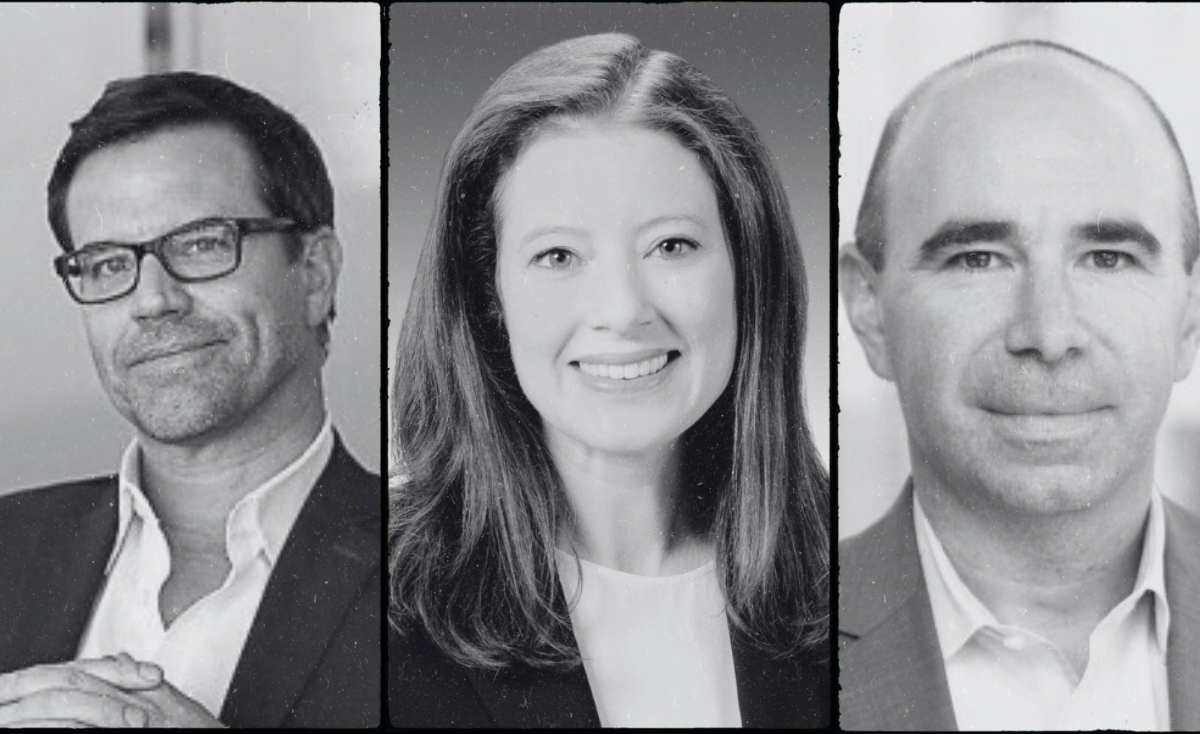 Sally Bridgeland, Chair And Non-Executive Director, Local Pensions Partnership Investments.
Sally Bridgeland, Chair And Non-Executive Director, Local Pensions Partnership Investments.
The issues around embedding ESG into the marketplace are multi-faceted, but one of the most important topics is the mismatch between the financial investment cycles and the long-term goals needed for achievement of ESG goals. This, said Sally Bridgeland, Chair And Non-Executive Director, Local Pensions Partnership Investments, is a fundamental issue that the industry may struggle with for some time.
At a recent Clear Path Analysis event, “ESG Investment Leader 2022,” Bridgeland presented her findings on this topic alongside other senior investment, insurance, and fund operation leaders, discussing how to do well in investment whilst embodying and bettering ESG practices.
The issue of a duration mismatch between ESG objectives that take decades to unfold and financial markets that have much shorter life cycles was one that was raised several times. The CFA Institute said the issue is a major recurring one in ESG. “There are structural reasons and practices that cause short-termism in financial markets, most notably, financial incentives and culture,” they said in their “Environmental, social, and governance issues in investing - A Guide for Investment Professionals” report. “ESG issues do not fit well with short-termism because they tend to affect financial performance over longer periods.”
"Sometimes, sadly, you need a crisis to change people’s thinking."
Bridgeland was largely of the same view that this short-termism had to be dropped. “Sometimes, sadly, you need a crisis to change people’s thinking,” she said on the matter. “[Such as] the cost-of-living crisis, for example, changes in the geopolitical environment, and emerging markets are making us realise that we do want to be invested in certain companies and countries,” she added. “However, at the same this is happening, the bulk of ESG fund AUM growth comes against a backdrop of extended multi-asset bull markets, which is a supportive tailwind.” This is the crux of the matter and a tricky challenge – getting ESG to make financial sense in a world where long-term and short-term outlooks don’t always see eye-to-eye.
A further aspect to consider is whether there will be a constant bull market between now and 2050, Bridgeland said, when many net zero and other ESG goals have set themselves to be achieved. This raises the fundamental question of how asset managers and owners can work to bridge this gap. especially considering that bear markets will test the mettle of these strategies.
Pension market issues
“The additional challenge is that time horizons are artificially pulled in. In truth their beneficiaries will still be around for the rest of their lives."
“The additional challenge is that time horizons are artificially pulled in,” she said. Because many big UK pension funds are reaching the end of their journey plans, they have de-risked and are trying to buy out their liabilities with insurance companies. “This phenomenon creates an artificial time horizon, because in truth their beneficiaries will still be around for the rest of their lives,” Bridgeland said.
Her solution to navigating this issue is that it must be solved from the top with bosses and other leaders making firm and public decisions on which direction they will go, and then sticking to those plans to provide clarity.
“Are we just trying to make money or is there a bigger legacy we must confront?”
“Are we just trying to make money or is there a bigger legacy we must confront?” she said. “Having priorities and articulating them in English – not maths – is crucial to changing the kinds of conversations we have.”
This was featured in the Environmental, Social, Governance Investing Europe 2022 report. To read the interview in full and the rest of the report, click here.
Please Sign In or Register to leave a Comment.
SUBSCRIBE
Get the recent popular stories straight into your inbox







